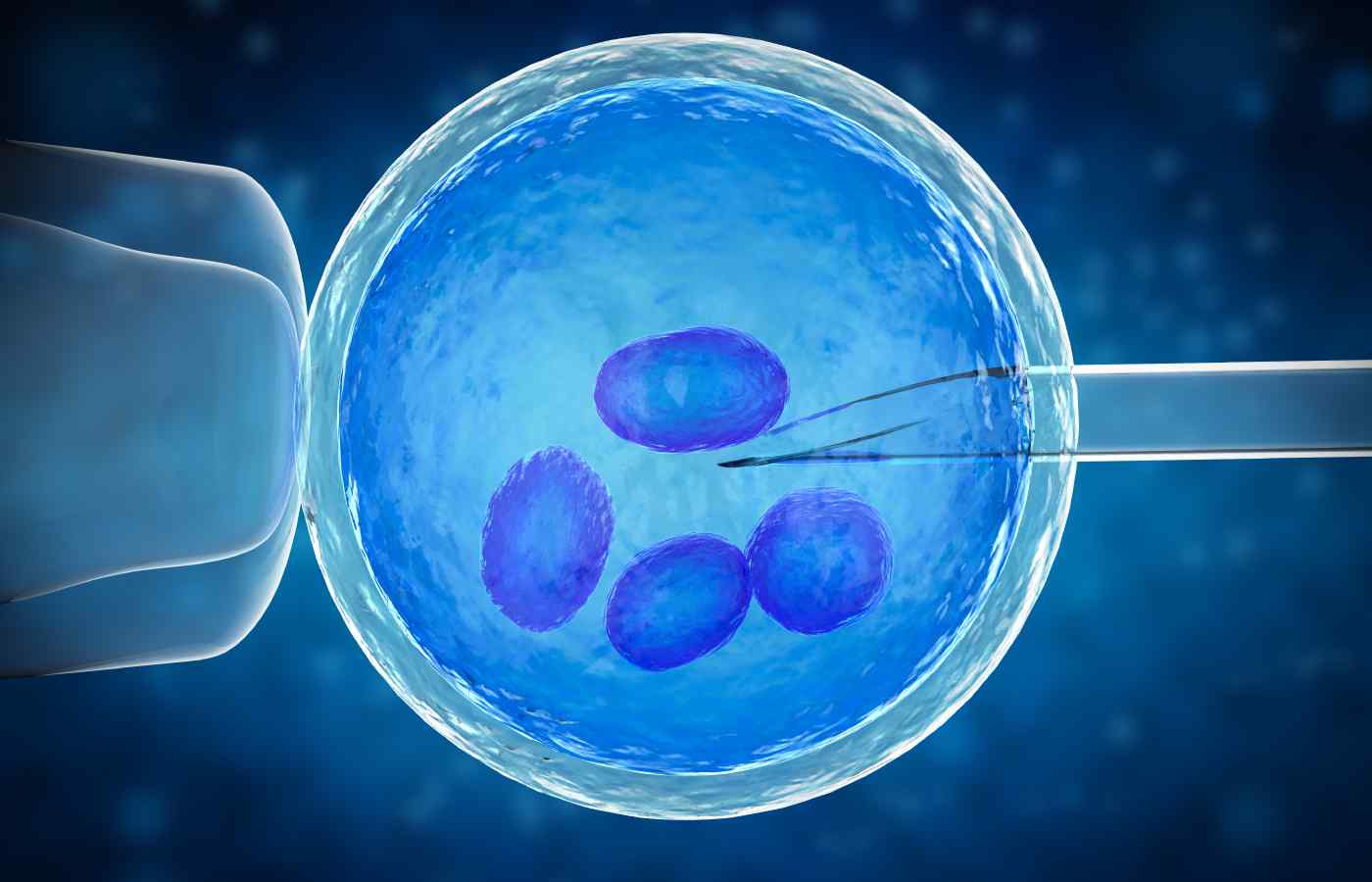What is Preimplantation Genetic Diagnosis (PGD)?

The technique of identifying genetic defects in embryos created through in vitro fertilization (IVF) before pregnancy is Preimplantation Genetic Diagnosis or PGD. It is especially used when one or both sets of parents have a known genetic marker that can result in genetic disease in the baby or/and the couple already have an affected baby so that a healthy offspring can be born. Following IVF procedure, the embryo is tested to ascertain if it is affected or a carrier of the genetic disease. PGD as a genetic diagnostic technique was developed in the late 1980’s and since then has been refined and enhanced to an extent that it is easy to examine all 23 pairs of chromosomes with minimum to no risk to the embryo.
PGD begins with the process of IVF and involves:
- Once the embryos reach 5 days old, a couple of cells are micro-surgically removed. DNA of the cells is examined to determine if the disease carrying or the problematic gene is present within the cell. This process may take up 6-7 days.
- Once the PGD is completed and it has been established that the embryo(s) are healthy, it is implanted in the uterus following the IVF procedure.
- The fertility specialists often recommend that embryos that are not being implanted and free of genetic issues should be frozen for later use. The problematic embryos are destroyed.
PGD is a big step in planning healthy babies as well as ensuring successful IVF. Some of the patients rather candidates that can benefit directly are:
- Carriers of chromosomal disorders
- Sex linked genetic disorders
- Single gene disorders
One of the major advantages of PGD has been that parents can get quite a few genetic conditions tested. As the process for PGD is performed and determined before implantation the couple has a choice to ensure their child is born healthy without some genetic diseases looming on the head.
While there are definite advantages of PGD and it has reduced the chances of certain genetic disorders, we usually advice the couples also to undergo prenatal testing.
PGS -Preimplantation Genetic Screening
The technique is the same as above but offered for
- women with recurrent pregnancy loss
- women with recurrent IVF failures
- women with advanced maternal age
- to identify any chromosomal abnormalities which could be contributing to the problem.
Refer to a fertility specialist to understand more about PGD and PGS. Find out more about the procedure and clinics and choose carefully. Ask your specialists questions about the procedure.
We hope this information is helpful. For a more detailed discussion, Book an Appointment here.
